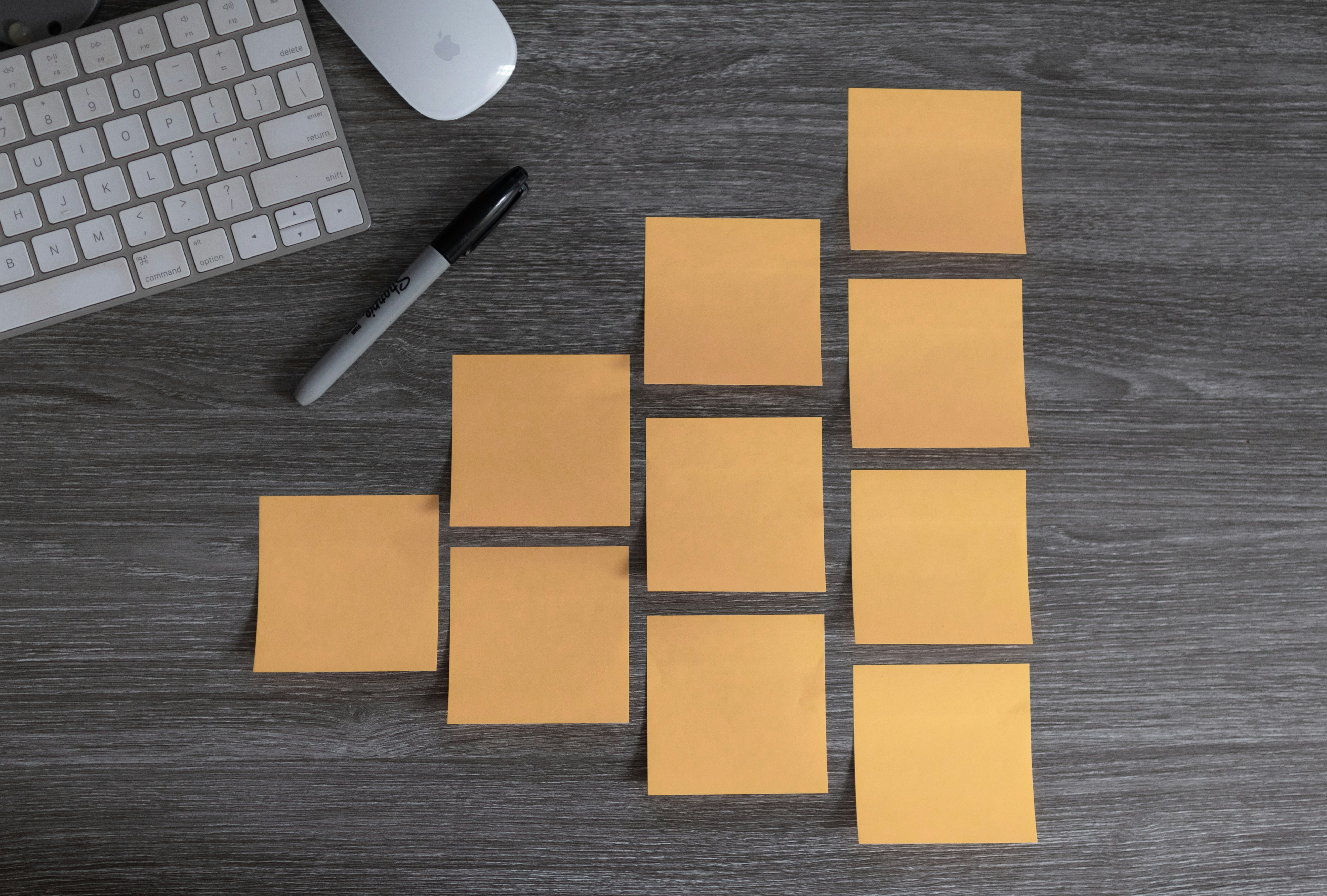- Find out how you are currently using your time
The first step in improving your time management and organization skills is understanding how you currently use your time. This means keeping track of how you spend your days and identifying any time-wasting activities. You can do this by keeping a log of your daily activities or using a time-tracking app. Revisit your actions of the day and identify the areas in which you spent your time. With this, you can easily see the things that consumed too much of your time and adjust accordingly where necessary.
- Create a daily schedule and stick to it
Once you have a better understanding of how you are using your time, you can create a daily schedule to help you stay on track. This should include blocks of time for work, rest, and leisure activities. Make sure to allocate enough time for each task, and stick to your schedule as closely as possible.
- Prioritize the most important tasks
Not all tasks are created equal, so it is important to prioritize the most important ones. This means focusing on tasks that have the greatest impact on your goals rather than those that are easy or enjoyable. Use the "80/20" rule to identify the most important tasks and tackle them first.
- Divide large projects into smaller tasks
Large projects can be overwhelming and may seem impossible to complete. To make them more manageable, try breaking them down into smaller tasks. This will help you stay focused and make progress toward your goals.
- Group smaller tasks together
In addition to breaking large projects into smaller tasks, try grouping similar tasks together. For example, if you have several emails to write, work on them all at once rather than being scattered throughout the day. This will help you stay focused and accomplish more in a single moment.
- Avoid too much multitasking
While multitasking may seem like an effective way to get more work done, it can be counterproductive. When you multitask, your brain has to switch between tasks, which can decrease productivity. Instead of trying to do several things, focus on one task at a time.
- Reduce distractions
Distractions can be a major time-waster and can disrupt your workflow. To reduce distractions, try to eliminate as many as possible. This may mean turning off notifications on your phone, closing unnecessary tabs on your computer, or working in a quiet place.
- Assign time limits to each task
Try setting time limits for each task to ensure that you are using your time efficiently. This will help you stay focused and avoid getting bogged down in small details.
- Know when to say no
It is important to be selective about your tasks and know when to say no. By learning to say no to low-priority tasks, you can free up time for the most important things.
10 Be organized
Finally, effective time management and organization require being organized. This means having a clean, clutter-free workspace, keeping track of important documents and information, and using tools like calendars, to-do lists, and project management software to help you stay on track.
In summary, effective time management and organization are crucial skills for anyone looking to increase productivity and achieve their goals. By following the tips outlined above, you can make the most of your time and ensure more is done every day.
















